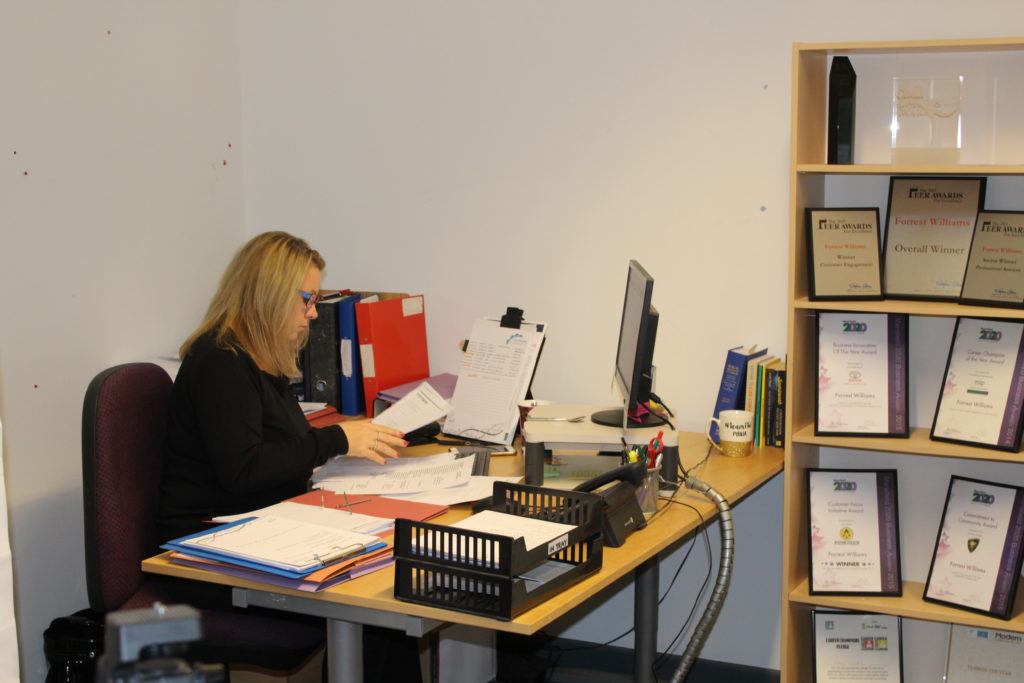Drop in number of fines for mobile phone offences
Soon after the news last month of tougher penalties for mobile phone offences, official figures announced this week highlighted the fact that the number of fines issued for using mobile phones while driving fell by 43% last year (from 29,700 to 16,900).
However, according to police data for England and Wales, the number of penalties issued has fallen by 86% over the past five years.
Conversely, although this may appear to indicate a reduction in the number of mobile phone offences taking place, the reverse would appear to be true.
The RAC said that the figures indicated:
“attitudes are clearly relaxed as a result of drivers no longer fearing punishment”.
This opinion is supported by road safety charity Brake. Spokesman Mike Bristow said that the figures are:
“evidence of the alarming drop in traffic cops on our roads”.
Research data compiled recently by the RAC draws attention to the attitudes of drivers. In 2014, 7% of drivers polled believed it was acceptable to make a quick call while driving. In 2016, this number had doubled to 14%.
The RAC’s road safety spokesman, Pete Williams, said that mobile phone usage at the wheel was an:
“epidemic that has been allowed to sweep across the country largely unchallenged”.
Tackling the problem is now a government priority, and with good reason. According to the Department of Transport, 22 people were killed in the UK last year by motorists using their phones whilst driving, and 684 people were injured.
The National Police Chiefs’ Council (NPCC) lead for roads policing, chief constable Suzette Davenport, highlights the role of education in changing the attitudes of drivers regarding the use of mobile phones while driving. She confirmed the commitment to continued policing of such mobile phone offences, but stressed that:
“we cannot simply enforce away people’s behaviour”.
The usefulness of educational courses should also be taken into account. According to the NPCC, studies have shown that 68% of drivers who attend driver alertness courses stated that their driving habits had changed a great deal, or quite a lot, as a result.
However the change is effected, it is generally agreed that a change must take place. A government spokesperson said:
“we are clear that the illegal use of handheld devices while driving is totally unacceptable”.
In September 2016, the government announced plans for new rules to come into force next year, under which drivers will get six points on their licence and face a £200 fine for mobile phone offences.
The knock-on effect of these changes will mean that more motorists face either revocation of their licence (if they have held their licence for less than 2 years), or disqualification from driving for a fixed period of up to 6 months.
If you have been charged with mobile phone offences, and are worried about the possible consequences, call our office now for free, initial advice on 01623 397200.


